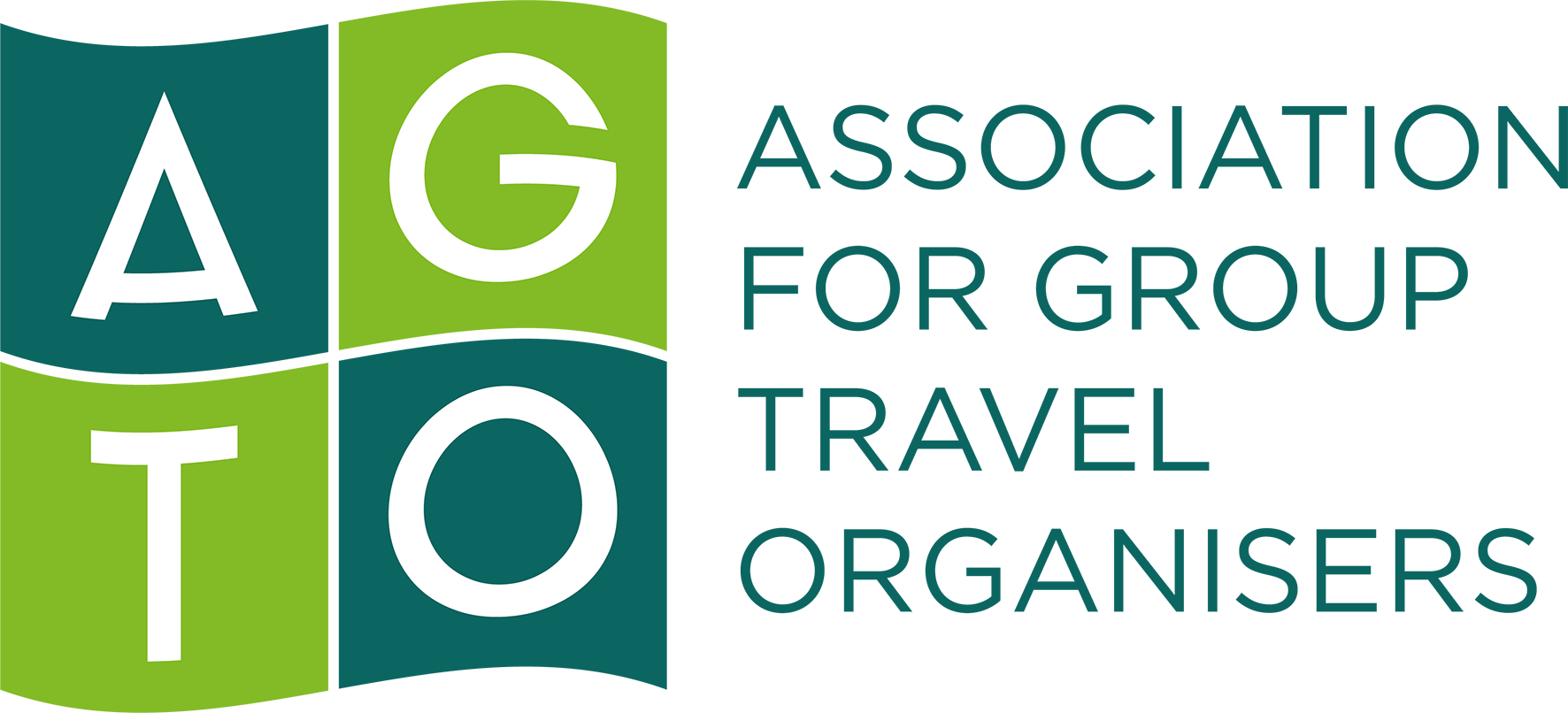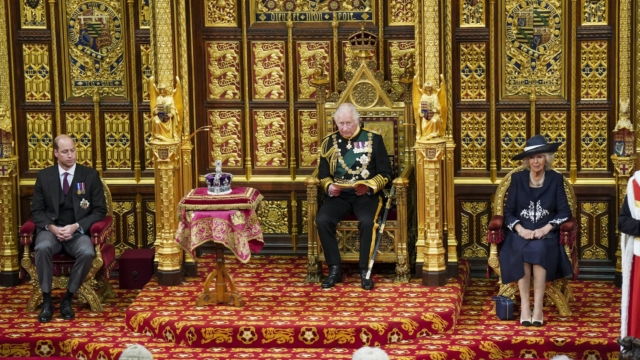Attached a copy of the lobby pack that supports the Queen’s speech. Here are some…

COVID-19 Update 8th November 2021
NHS Pass And Booster Jabs
The guidance on the NHS Pass has been updated to take into account booster jabs. The guidance is:
The NHS COVID Pass for travel does not currently include COVID-19 booster vaccinations. The government is reviewing the implications and requirements of boosters for international travel certification. It is looking at whether and how booster vaccinations could be included in the NHS COVID Pass for travel.
You do not need a COVID-19 booster vaccination to get an NHS COVID Pass for domestic use in England.
https://www.gov.uk/guidance/nhs-covid-pass
NHS Covid App And Overseas Visitors
There has been some queries about what happens if overseas visitors use the NHS App while in the UK. The query relates to whether the exemption from sel-isolation that applies to people vaccinated in the UK also applies to people vaccinated overseas through schemes recognised by the UK when arriving into the country. The short answer to this is that, at the moment, any person vaccinated overseas still has to self-isolate for 10 days if contracted through Test and Trace. Here’s the Government’s Q&A on this.
What are the rules for fully vaccinated international arrivals who are subsequently identified as a close contact of a positive COVID-19 case?
The rules remain that in order to be exempt from self-isolation as a recent close contact of a positive COVID-19 case, an individual would need to be:
- fully vaccinated, with both MHRA-approved vaccines administered in the United Kingdom (where two doses are recommended);
- below the age of 18 years and 6 months (this applies to UK and non UK residents)
- taking part or have taken part in an approved COVID-19 vaccine trial; or
- not able to get vaccinated for medical reasons
What if individuals have had one vaccination dose abroad and another dose in the UK – are they exempt from self-isolation if they are a close contact?
Where two doses are recommended, individuals must have had both doses of a MHRA approved vaccine administered in the UK in order to be exempt from self-isolation if they are identified as a contact of a positive COVID-19 case.
How is an individual’s vaccination status verified?
A process is in place to enable us to verify vaccination status of individuals whose vaccines were administered in the UK. However, there is currently no process in place to enable us to verify vaccination status of individuals whose vaccines were administered outside the UK.
CJRS Statistics
The final statistics for when the furlough scheme ended have been released. They show that, at the time of closure:
-
- 1.14m people were still on furlough
- the arts, entertainment and recreation, and accommodation and food services sectors both had the second highest take-up rates, with 9% of employees on furlough
- there were 156,900 employees in the accommodation and food sector still on furlough – the second greatest number of any sector
- London and the South East had by far the greatest number of people on furlough – 385,000
National Museum Visits Data
DCMS has released a lot of data on visitor numbers to the national museums over the last two years. The data shows that the museums still have a long way to go until the recover with attendance figures for the last quarter (July – Sept) still down 64% compared to the corresponding period in 2019. There also seems to be a lag in recovery for the London based museums compared to those in other destinations which would reflect the greater dependency that they have on inbound visitors. Some of the key figures are:
-
- There were a total of 5.1m visits to the National Museums in 2021 Q3 compared to 14.2m in 2019 Q3
- Visitor number at the British Museum, which has the highest number of visitors of any attraction in the UK, are still down 70% compared to 2019
- The most impacted museum is the National Gallery where visitor numbers are still down 82.5%
- The least impacted of the large museums is the Science Museum Group where attendance is down 50.3%
https://www.gov.uk/government/statistical-data-sets/museums-and-galleries-monthly-visits
Cruise Ship Guidance Updated
The guidance for people taking international cruises has been updated with new information on COVID-19 testing and completing Passenger Locator Forms.
https://www.gov.uk/guidance/coronavirus-covid-19-cruise-ship-travel
Bus Recovery Grant
The guidance has been published for bus operators on how to claim the Bus Recovery Grant. The eligibility criteria are that the business must:
-
- Be a public bus operator running commercial or community bus services in England outside of the London and Greater Manchester areas.
- Have completed an application to join the BRG scheme – you cannot now apply to join the scheme and make claims.
- Meet the eligibility criteria for the Bus Service Operators Grant (BSOG).
- Currently be running at 90% or more of pre-COVID-19 mileage levels – if your mileage is beneath this you must contact the Department for Transport at BRG@dft.gov.uk and your local transport authority (LTA).
As well as being of interest to bus operators in tourism destinations, it will also be of interest to a large number of open-top bus tours as many of these meet the eligibility criteria for the BSOG due to having a scheduled service that picks up and drops off people along the way.
https://www.gov.uk/guidance/claiming-the-bus-recovery-grant
Kickstart Guidance – 5 Tips
DWP has produced a one pager for businesses with 5 tips to fill your Kickstart vacancy swiftly and successfully. The tips are:
-
- Make sure you know who at the local jobcentre can support your recruitment process
- Re-read your job description
- You can promote your own job
- Have you thought about streamlining the application process to find good quality candidates more quickly?
- When you get a referral from a young person interested in your Kickstart vacancy make sure you act on it quickly.
You can download a copy of the tip-sheet from the following link
Guidance For Performing Arts Tours Of In The EU – And For Museums And Galleries
The guidance for performing arts groups when travelling to the EU on tour has been revised in order to take into account recent negotiations that have been under taken to better facilitate the movement of artists and shows between the UK and the EU
The guidance for visual arts, the art market and museums working and touring in Europe has also been updated with a new section on transporting commercial goods across the border. The new guidance is:
If you are taking commercial goods in your baggage to the EU, Switzerland, Norway, Iceland or Liechtenstein, to sell or bringing them back to the UK to sell (for example merchandise or works of art), you must check the customs requirements in the country you’re travelling to. You’ll also need to declare your goods to customs.
If you are bringing commercial goods into Great Britain (excluding returning goods) that are not classed as controlled goods, valued below £1,500 and weigh less than 1000kg you can make an oral declaration to a Border Force Officer at the port if facilities exist; or use HMRC’s simple online declaration service before coming into Great Britain. If you are bringing commercial goods into Great Britain that exceed any of these limits, you will need to submit full customs declarations to HMRC which you can do yourself or by using a customs agent or intermediary.

